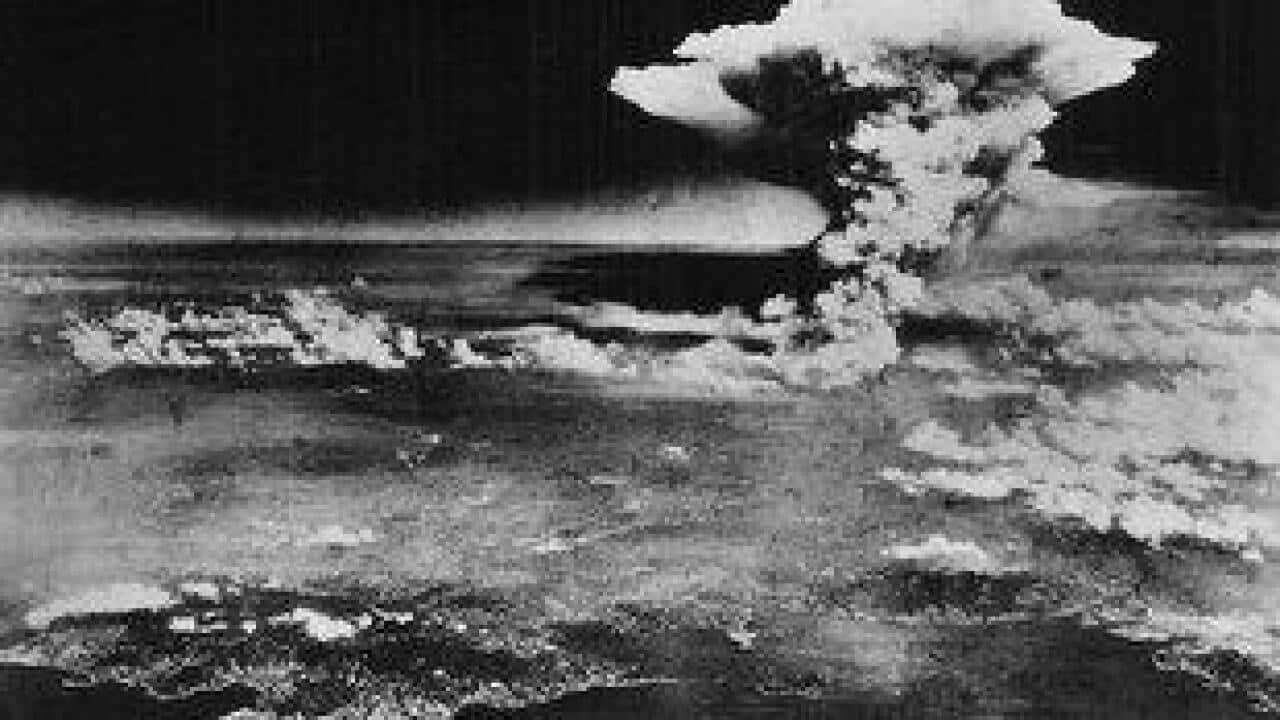Seventy years after the first atomic bomb was dropped on Hiroshima, killing tens of thousands of people, research shows many of the remaining survivors are dying from cancer and other serious illnesses.
On the 70th anniversary of the Hiroshima bombing, survivors and aid organisations have called for a ban on nuclear weapons as figures released by the Red Cross show the dreadful effects of the blasts still linger.
The Japanese Red Cross has run hospitals for atomic bomb survivors in Hiroshima since 1956 and in Nagasaki since 1969.
In 2014 alone, it treated 10,687 Hiroshima and Nagasaki atomic bomb survivors.
And new research, according to the Red Cross, shows nearly two-thirds of survivors of the atomic blasts, who were treated at two Red Cross hospitals, have been dying of cancer.
The bombing of Hiroshima, on August 6, 1945, killed at least 140,000 people while tens of thousands more were killed when a second bomb was dropped on Nagasaki three days later.
According to the Red Cross, nearly two-thirds (63 per cent) of atomic bomb survivor deaths in the Hiroshima Red Cross hospital until March 2014 were caused by cancers.
The most deadly cancers were lung (20 per cent), stomach (18 per cent), liver (14 per cent), leukaemia (eight per cent), intestinal (seven per cent) and malignant lymphoma (six per cent).
Over this period, more than half of all deaths at the Nagasaki Red Cross hospital (56 per cent) were due to cancer.
Australian Red Cross chief Robert Tickner said the anniversary was being marked by fresh calls for governments around the world to ban nuclear weapons.
"We must remember the horrors of Hiroshima, Nagasaki and the price innocent civilians paid in unspeakable suffering that cannot be limited by time," Mr Tickner said.
"It is time to get on the right side of history."
Today, there are more than 16,000 nuclear weapons around the globe.
"The world's already banned landmines, biological and chemical weapons," Mr Tickner said.
"It's time to rid the globe of the most destructive weapons of all and make sure there's never another humanitarian tragedy like Hiroshima."

